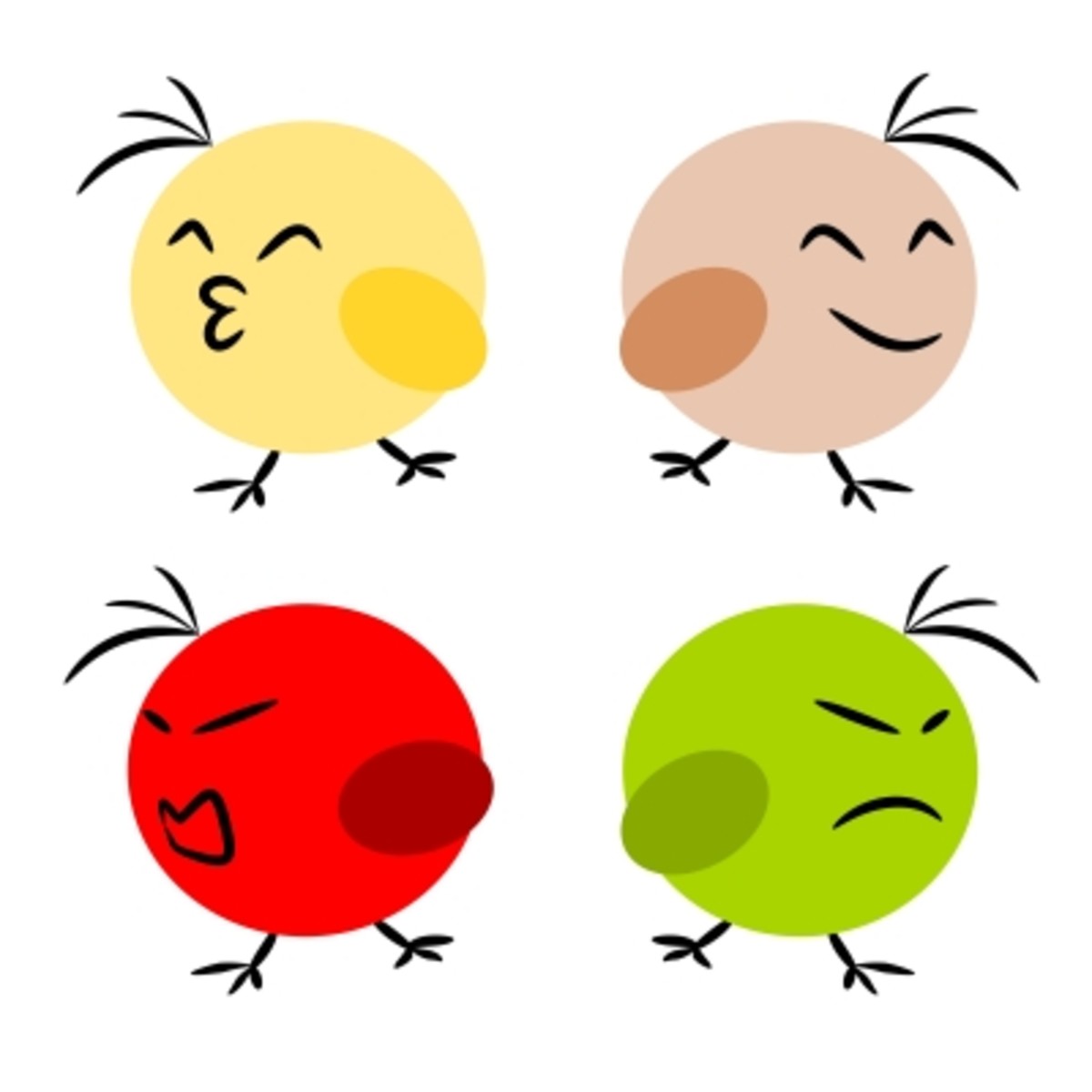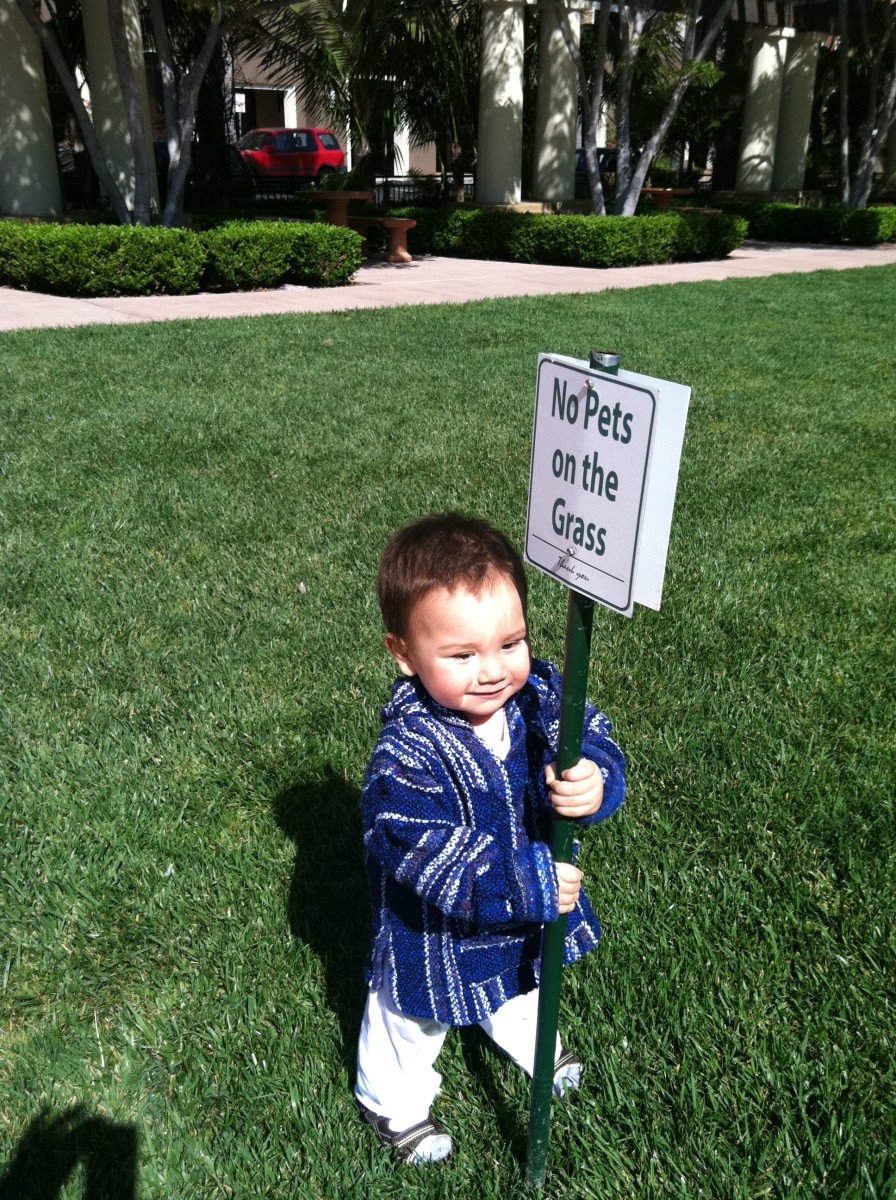- HubPages»
- Health»
- Quality of Life & Wellness»
- Personal Development
How to Make Friends with Anger?
Introduction
We do rightly assume that all of us were happy in childhood. Because when we see children we find them happy and carefree most of the time. But at the same time, we also know that for as long as we remember most of us have experienced the feeling of anger more than anything else.
There have been studies that tell us about the strange ways of the human mind. It will recognize and remember negative experiences more than positive ones. This explains why we all are too familiar with the emotion of anger. We experience anger more than we feel happiness or excitement. Happiness is a fleeting feeling but the feeling of anger lasts longer. We find anger is all around us, both inside and outside. However, by contrast, happiness and other emotions are not found and experienced so easily.
Anger As We Feel It
We feel angry when we have to face what we feel is not right. We have planted these notions of ‘right’ and ‘wrong’ in our minds and judge everyone around us by these standards. We feel justified to blow our top at the slightest violation of our set standards. Moreover, we do not grant this right to anyone else. We feel we are mighty lords and so no one has the right to judge us. The slightest hint anyone doing this to us is enough for us to flare up and bring out our worst. And the best part is that every one of us feels exactly the same.
So the situation is like this. A is angry with B because he feels B is wrong. In case A is a father and B is a child, the child is probably helpless, so he feels victimized and is angry but remains silent. So the father freely expresses his anger.
However, the same father is at the receiving end in the office. His boss works under the notion that employees work best when handled with terror. So, he gives a free-hand to his anger. The employees control themselves as they cannot take the risk of losing their jobs.
But there is a third scenario. In this case, A and B are equals, say, siblings, neighbors, or colleagues. In case there is a difference of opinion between the two of them, imagine what will happen.
A will express anger, assuming that B has done something that she should not have done. It could also be that B has not done something that A thinks she should have done. Now B feels she has every right to do or not do something. And she also has a right to yell at A who has unjustly been angry with her.
So, reaction and counter-reaction keep spiraling up. The resulting anger will blow up everything out of proportion and destroy not only goodwill but also property and unfortunately sometimes lives too.
All this is so commonplace that I don’t think dialogs and situations are needed to put across the point.
So, What Next?
Without dwelling upon describing anger and its aftermath, I would like to quickly move to “what next?”
Shall I assume all my readers are ready to move on, fully convinced that anger needs to be rooted out? Is it really even possible?
I think I can sense a feeling that those of you who want to read the article till the end are really the ones who can make this possible. But before I tell you how, I want to tell you about a video I saw last night.
It is a TEDtalk video by Nandita Das. Throughout her life, she had been very much concerned about the prevalent wrong-doings in society and felt her anger justified. It is only when she sees that her small son also gets angry for things he considers as wrong that she realizes that anger is perhaps not right. To set the things right, she and her seven-year-old son have decided upon not getting angry with each other. So every evening they have this routine of saying sorry and thank you for whatever happened during the day. During one such talk, the boy remarked that if one of them is angry and the other gets angry then the first person gets angry and anger escalates. At a certain point, the anger is brought down by one person giving the other a hug. He further goes on to say that this can be done right at the start so that anger does not get built up.
This Will Work
Coming from a seven-year-old child, isn’t it incredible? But I think that even more incredible is the fact that this is the truth.
I hope I have given you the key to “rooting out” anger from your life.
I can understand that after all is said and done, it is not as simple as it sounds. Agreed, it will take massive efforts and a lot of time and loads of patience. But then, can you perceive an easier or for that matter, any other solution?
If you are serious about rooting out anger, then do give this a serious try. It will take much perseverance but it will work.
Amen.
Watch This Please
This content is accurate and true to the best of the author’s knowledge and is not meant to substitute for formal and individualized advice from a qualified professional.
© 2020 POONAM MALIK








